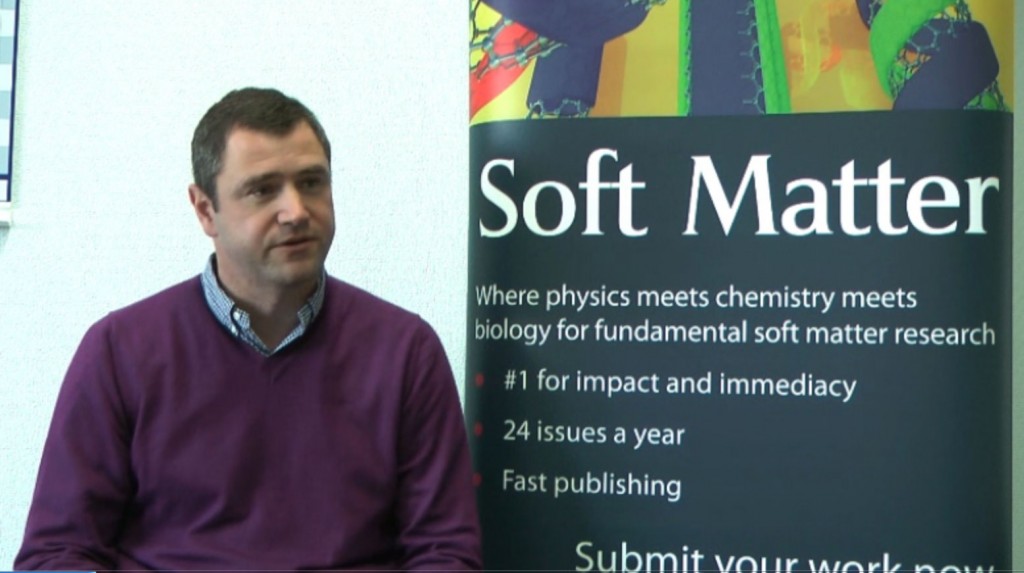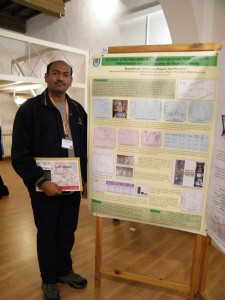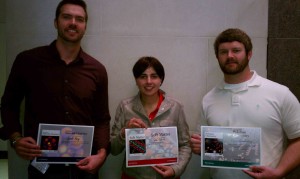Soft Matter is publishing a themed issue during 2012 on the Soft Matter Principles of Microfluidics. Professor Lydéric Bocquet (University of Lyon, France), Professor Todd Squires (University of California, Santa Barbara, USA) and Professor Annie Colin (Rhodia-Bordeaux1-CNRS, Bordeaux, France) will act as the guest editors for this issue. Please contact the editorial office if you’re interested in submitting a paper to this themed issue.
Microfluidics has provided powerful experimental capabilities for the study of soft matter, and enabled experiments in this field that had previously been impossible. Viewing clean-room microfabrication facilities as an advanced machine shop — where your device literally emerges from your design — microfluidics enables unprecedented control over experimental conditions, such as flow types and rates in an experiment, the ability to heat and cool rapidly, to watch systems equilibrate or evolve physically or chemically, and to design an experiment to specifically isolate a particular scientific process or question. Furthermore, the small scale of microfluidic experiments enables systematic sweeps of many experimental systems, while consuming very little sample. Benefiting from fast thermal exchanges and a perfect control of residence time, microfluidics has provided new routes to process and tailor soft materials whose fabrication had been out of reach until only recently. Like the cell phone in your pocket, microfluidics has become an essential tool in most soft matter labs. It is therefore a proper time to draw a state-of-the-art picture of the intimate connections which have developed between soft matter and microfluidics: this is the aim of this themed issue Soft Matter: principles of microfluidics. By bringing together contributions from the various domains where ‘microfluidics meet soft matter’, we will obtain an impressionist view of the possibilities offered by microfluidics in soft matter and imagine the new avenues of this rapidly evolving field.
All manuscripts will be handled by the Soft Matter Editorial office and refereed in accordance to the standard procedures of the journal, and in this respect invited articles will be treated in the same way as regular submissions to the journal.
The deadline for the receipt of manuscripts for this themed issue is: 21th April 2012
Manuscripts can be submitted using the RSC’s on-line submissions service. Please contact to the editorial office if you are interested in contributing to this issue. All contributions should state that the manuscript is submitted for the themed issue on Soft Matter Principles of Microfluidics at submission.












 Congratulations to Sharad Pasale for winning a Soft Matter poster prize at the recent 3rd International Congress on Biohydrogels.
Congratulations to Sharad Pasale for winning a Soft Matter poster prize at the recent 3rd International Congress on Biohydrogels.

